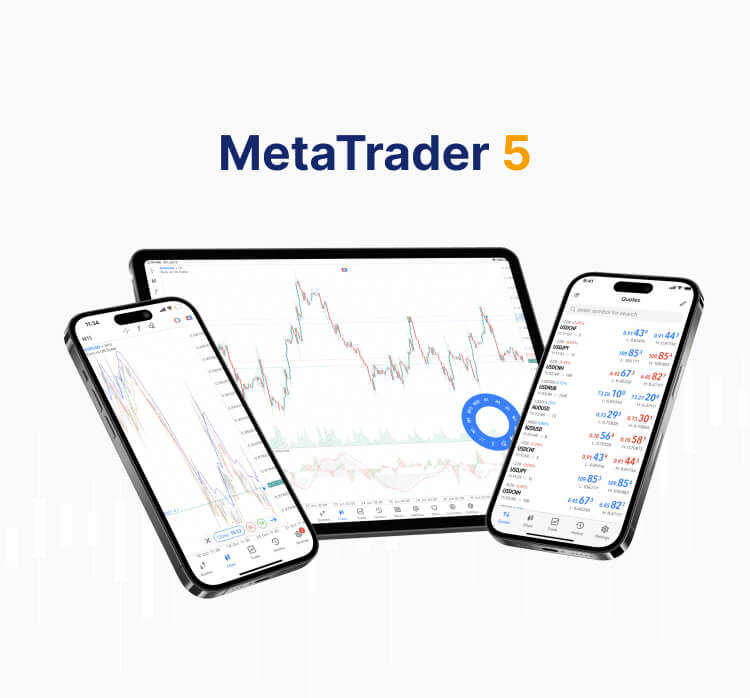MetaTrader 5 is actually designed to be able to trade markets other than Forex, such as stocks and commodities, as it is more able to plug into centralized exchanges. Forex is a completely decentralized market, with many major players providing liquidity to this huge market at slightly different prices, trading in an uncoordinated manner. Stocks and commodities, the latter of which are primarily traded as futures contracts (effectively several contracts with different expiration dates), must usually be traded through a centralized process before ownership can be changed in a completely legal manner. At the time of the development and release of MT5, it can be assumed that Midas Software foresaw the boom in retail stock and commodity trading and designed the software to accommodate this market.
Another major differentiating design factor is its compliance with the US "no hedging rule", which requires clients of US forex brokers to trade on a "first in, first out" basis. This means that, for example, if a trader goes long EUR/USD and then goes long EUR/USD again, the first trade must be closed before the second trade is closed. While MetaTrader 4 records each trade individually and allows each individual position to be managed separately, MetaTrader 5 automatically aggregates all positions. Therefore, only MetaTrader 4 can handle hedging: MetaTrader 5 cannot. This is fine for traders in the US, who are legally prohibited from hedging under any circumstances, but elsewhere many traders find that the inability to perform hedging operations adds a great deal of unnecessary maneuvering and is very distracting. This is probably the main reason why many traders feel "pushed" by their brokers and by Maytag Software to use Metatrader 5 instead of Metatrader 4.

Another major differentiating design factor is its compliance with the US "no hedging rule", which requires clients of US forex brokers to trade on a "first in, first out" basis. This means that, for example, if a trader goes long EUR/USD and then goes long EUR/USD again, the first trade must be closed before the second trade is closed. While MetaTrader 4 records each trade individually and allows each individual position to be managed separately, MetaTrader 5 automatically aggregates all positions. Therefore, only MetaTrader 4 can handle hedging: MetaTrader 5 cannot. This is fine for traders in the US, who are legally prohibited from hedging under any circumstances, but elsewhere many traders find that the inability to perform hedging operations adds a great deal of unnecessary maneuvering and is very distracting. This is probably the main reason why many traders feel "pushed" by their brokers and by Maytag Software to use Metatrader 5 instead of Metatrader 4.

